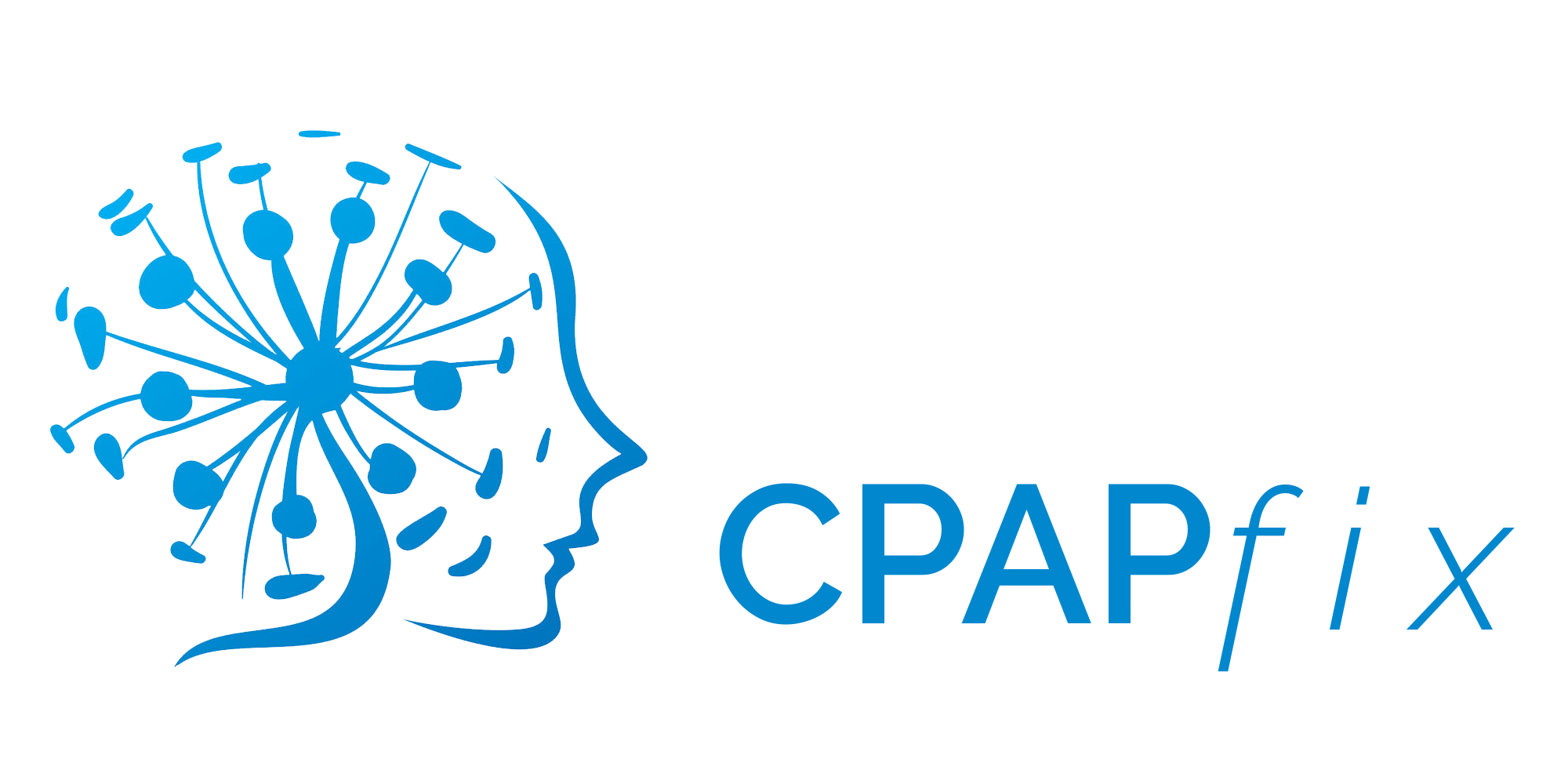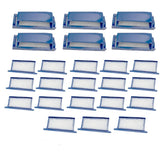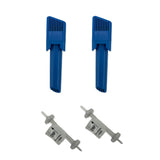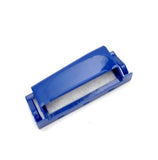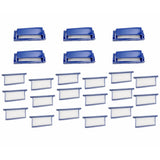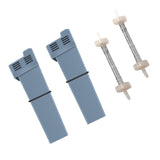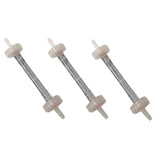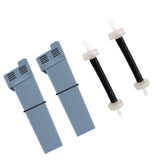Tech Tips
Tech Tips
What is the difference between CPAP and BIPAP?
What is the difference between CPAP and BIPAP?
Continuous positive airway pressure (CPAP) and bilevel positive airway pressure (BiPAP or BPAP) are two different types of devices used to treat respiratory disorders such as sleep apnea. Both types of devices deliver pressurized air through a mask or nasal pillows to help keep the airways open during sleep.
The main difference between the two is that a CPAP machine delivers a single, constant level of air pressure, while a BiPAP machine delivers two levels of air pressure: a higher pressure when the patient inhales and a lower pressure when the patient exhales. The higher pressure helps to keep the airways open during inspiration, while the lower pressure allows for easier exhalation.
BiPAP machines are often used for patients who have difficulty exhaling against the constant pressure of a CPAP machine, or for those who require extra support to keep their airways open during sleep. However, CPAP machines are generally simpler and more widely used, as they are suitable for a wider range of patients.
Both CPAP and BiPAP machines can be effective at treating sleep apnea and other respiratory disorders, and the appropriate choice for a particular patient will depend on their specific needs and the recommendations of their healthcare provider.
Continuous positive airway pressure (CPAP) and bilevel positive airway pressure (BiPAP or BPAP) are two different types of devices used to treat respiratory disorders such as sleep apnea. Both types of devices deliver pressurized air through a mask or nasal pillows to help keep the airways open during sleep.
The main difference between the two is that a CPAP machine delivers a single, constant level of air pressure, while a BiPAP machine delivers two levels of air pressure: a higher pressure when the patient inhales and a lower pressure when the patient exhales. The higher pressure helps to keep the airways open during inspiration, while the lower pressure allows for easier exhalation.
BiPAP machines are often used for patients who have difficulty exhaling against the constant pressure of a CPAP machine, or for those who require extra support to keep their airways open during sleep. However, CPAP machines are generally simpler and more widely used, as they are suitable for a wider range of patients.
Both CPAP and BiPAP machines can be effective at treating sleep apnea and other respiratory disorders, and the appropriate choice for a particular patient will depend on their specific needs and the recommendations of their healthcare provider.
